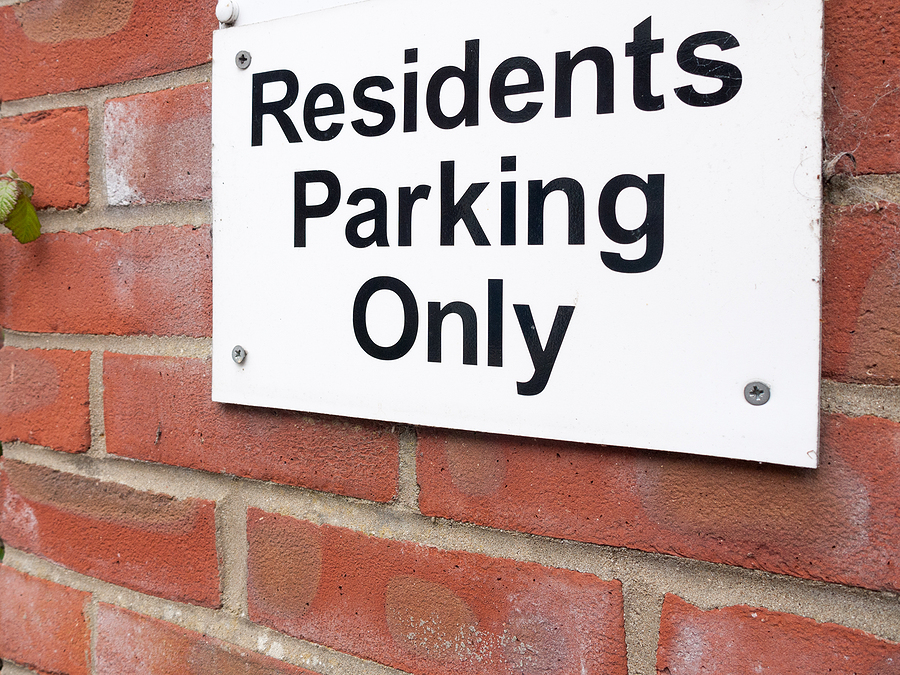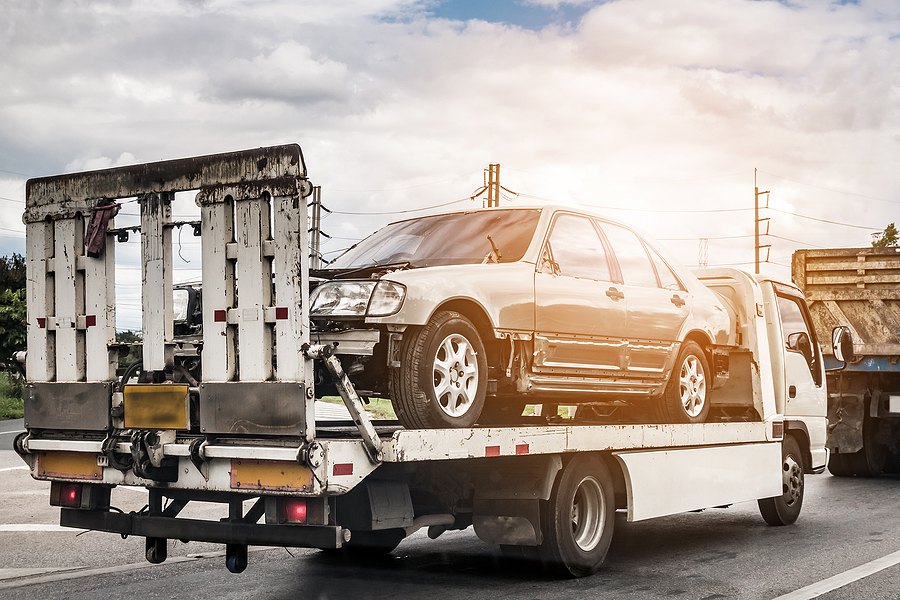Managing property in Central Indiana comes with numerous challenges, from maintaining facilities to ensuring resident satisfaction. Among these responsibilities, parking enforcement often creates the most headaches for property managers. Unauthorized vehicles, abandoned cars, and parking violations can quickly spiral into costly problems that affect both your bottom line and tenant relationships.
Property management towing services in Indianapolis offer a comprehensive solution to these persistent parking challenges. By partnering with professional towing companies that specialize in private property management, you can transform parking enforcement from a daily struggle into a streamlined operation that enhances your property’s value and resident satisfaction.
This guide explores how outsourcing your property management towing needs can revolutionize your parking enforcement strategy while reducing liability and operational costs.

The Hidden Costs of Unmanaged Parking
Parking Violations & Their Impact
Parking violations might seem like minor inconveniences, but they create ripple effects throughout your property operations. When unauthorized vehicles occupy designated spaces, legitimate tenants and visitors struggle to find parking, leading to frustration and complaints. This dissatisfaction can result in higher tenant turnover rates, negative reviews, and difficulty attracting new residents.
Challenges of Abandoned Vehicles
Abandoned vehicles present even greater challenges. These eyesores detract from your property’s curb appeal and can decrease overall property values. Additionally, they may violate local ordinances in Indianapolis and throughout different jurisdictions in Central Indiana, potentially exposing you to fines and legal complications.
The Cost of Time & Focus
The time spent managing these issues diverts your attention from other critical property management tasks. Every hour spent tracking down vehicle owners, coordinating removal, or dealing with parking disputes is time that could be invested in improving your property and growing your business.
The Solution: Professional Private Property Towing Services
Legal & Regulatory Compliance
Outsourcing to a specialized private property towing company like Zore’s Indy eliminates these challenges by providing expert parking enforcement and abandoned vehicle removal. Professional towing services understand the legal requirements for private property management and ensure all removals comply with local regulations.
Full Range of Services
These services extend beyond simple vehicle removal. Comprehensive property management towing includes parking lot towing for violations, roadside assistance for residents experiencing vehicle problems, and strategic parking management consultation to optimize your property’s parking resources.
Key Benefits of Outsourcing Property Management Towing
Enhanced Parking Enforcement
Professional towing companies provide consistent, reliable parking violation towing that deters unauthorized parking. When drivers know that violations will result in immediate towing, they’re far more likely to respect your parking rules. This creates a self-regulating environment where legitimate users can access the parking they need.
Modern towing services utilize advanced technology for dispatch and tracking, providing real-time updates on all enforcement activities. This transparency helps you monitor parking patterns and adjust your enforcement strategy as needed.
Reduced Liability and Risk
Property managers face significant liability risks when handling parking enforcement independently. Improper towing procedures can result in costly lawsuits and damaged relationships with tenants and visitors. Professional towing companies carry comprehensive insurance and follow strict protocols to minimize these risks.
By partnering with compliant, safety-focused towing services, you transfer much of this liability to experts who understand the legal landscape. This risk mitigation protects your property investment and provides peace of mind.
Call Zore’s Now for a Free Quote! 📲
Improved Resident Satisfaction
Nothing frustrates residents more than arriving home to find unauthorized vehicles in their assigned spaces. Reliable parking enforcement ensures that residents can access the parking they pay for, leading to higher satisfaction and retention rates.
Additionally, offering private property roadside assistance as part of your property services adds value for residents. When tenants experience vehicle problems, having immediate access to professional assistance demonstrates your commitment to their convenience and safety.
Significant Cost Savings
While outsourcing involves service fees, the total cost of ownership often proves lower than managing parking enforcement internally. You eliminate the need for dedicated staff time, reduce legal risks, and avoid the capital investment in towing equipment and storage facilities.
Professional towing services also provide faster resolution of parking issues, minimizing the revenue loss associated with frustrated tenants and parking-related disputes.
Streamlined Management Operations
Outsourcing parking enforcement allows you to focus on your core competencies as a property manager. Instead of spending time on parking disputes and vehicle removals, you can concentrate on improving property amenities, maintaining facilities, and building tenant relationships.
Flexible service packages allow you to customize your parking management strategy based on your property’s specific needs and budget. Whether you manage apartment complexes or commercial centers, professional towing services can adapt to your requirements.
Comprehensive Roadside Assistance
Beyond enforcement, many property management towing services offer roadside assistance for employees and residents. This valuable amenity can include jump starts, tire changes, lockout assistance, and emergency towing for mechanical failures.
Providing these services enhances your property’s appeal and demonstrates your commitment to resident convenience, potentially justifying higher rental rates and improving tenant retention.
Choosing the Right Private Property Management Partner
Selecting the appropriate towing service requires careful consideration of several factors. Look for companies with specific experience in private property management and a deep understanding of local regulations in Indianapolis and Central Indiana.
✅ 24/7 Availability and Rapid Response
Parking violations don’t follow business hours, so your towing partner should offer round-the-clock service with rapid response times. Quick resolution minimizes disruption to your property and residents while maintaining the effectiveness of your parking enforcement.
✅ Technology and Transparency
Modern towing services should provide real-time tracking, digital reporting, and transparent communication throughout the process. Advanced technology ensures you stay informed about all enforcement activities and can provide updates to residents when needed.
✅ Compliance and Safety Standards
Verify that potential partners maintain full compliance with local regulations and prioritize safety in all operations. Ask about their insurance coverage, training programs, and safety protocols to ensure they meet your standards.
✅ Customization and Flexibility
Your property has unique needs, and your towing partner should offer customizable solutions. Whether you need permit systems, violation enforcement, or specialized abandoned vehicle removal, the service should adapt to your requirements.
✅ Environmental Responsibility
Choose partners committed to eco-friendly practices, including proper disposal of abandoned vehicles and minimizing their carbon footprint. Environmental responsibility reflects positively on your property and aligns with modern sustainability expectations.
Final Thoughts
Professional property management towing services represent more than just parking enforcement—they’re strategic investments in your property’s success. Effective parking management enhances property values, improves resident satisfaction, and reduces operational complexities.
Properties with well-managed parking typically command higher rental rates and experience lower vacancy rates. The professional appearance and smooth operations that result from effective parking enforcement contribute to your property’s overall appeal and market position.
By partnering with specialized towing services, you gain access to proven expertise, advanced technology, and comprehensive solutions that would be costly and time-consuming to develop internally. This partnership allows you to focus on growing your property management business while ensuring that parking challenges never compromise your success.
Ready to transform your parking enforcement strategy? Our professional property management towing services at Zore’s Indy provide the expertise, technology, and reliability you need to optimize your operations and enhance resident satisfaction. Serving all of Central Indiana.
Related Post: The Essential Guide to Choosing the Right Property Management Towing Service









